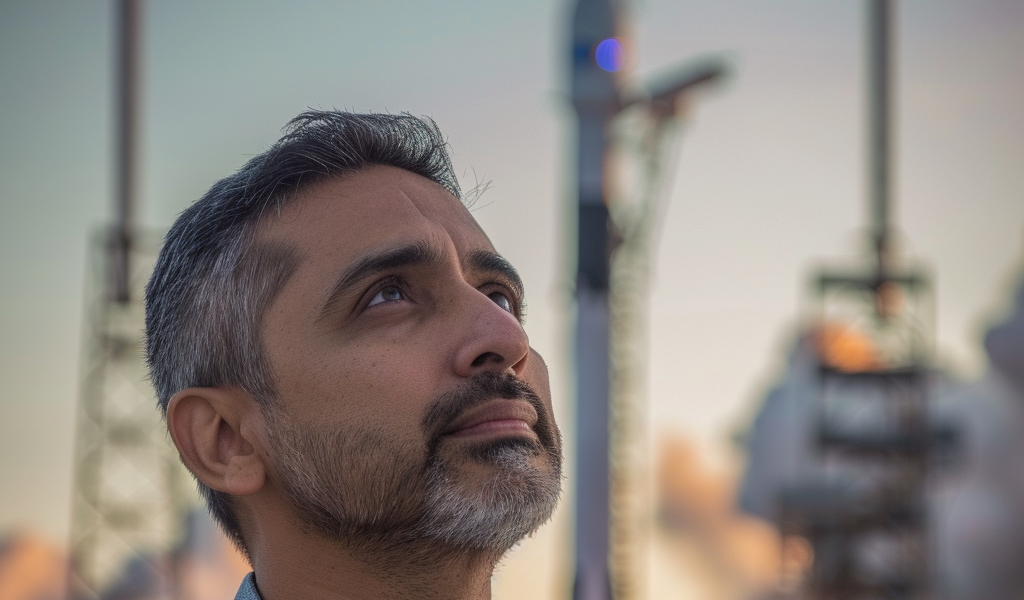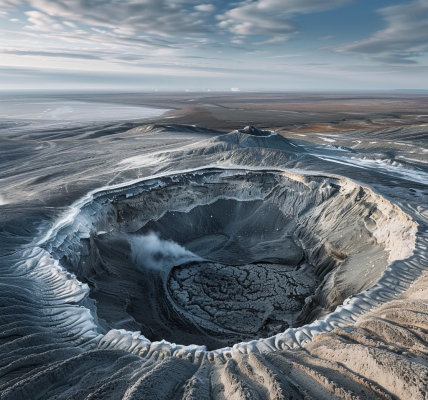Mayo Clinic research in space could produce new insights on bone loss
Dr. Abba Zubair recently spent his day at an atypical place for a medical doctor: Cape Canaveral Space Force Station in Florida.
“It was quite fun to see the launch of the rocket,” Zubair said of that moment last Tuesday. “The weather (was) perfect.”
Zubair, a pathologist and medical director of Transfusion Medicine & Stem Cell Therapy and Mayo Clinic in Florida, was there to see his lab’s latest experiment take off. The experiment was among the 8,200 pounds of cargo aboard the Cygnus spacecraft destined for the International Space Station.
“This research that went up is really to look at how absence of gravity … affects bone formation or bone loss, and how the bones’ cells interact with each other,” Zubair said.
Bone loss is a significant health concern for astronauts spending extended periods in space. The lack of gravity leads to a decrease in bone density and strength, which can have long-term implications for astronauts’ health.
Understanding the mechanisms of bone loss in space is not only crucial for the well-being of astronauts but also holds potential benefits for healthcare on Earth. The research conducted by Dr. Zubair and his team at Mayo Clinic aims to shed light on these mechanisms and potentially uncover new strategies for preventing and treating bone loss.
“Our goal is to develop new treatments for bone loss, not only for astronauts, but also for people on Earth who have osteoporosis or other bone diseases,” Zubair explained.
The experiment involves the use of stem cells, which have the unique ability to differentiate into various cell types, including bone cells. By studying how these stem cells behave in a microgravity environment, the researchers hope to gain insights into the fundamental processes underlying bone formation and regeneration.
“This is a unique opportunity to observe the behavior of stem cells in space, where gravity is not a confounding factor,” Zubair emphasized.
Moreover, the findings from this space research could pave the way for innovative therapies that harness the regenerative potential of stem cells to counteract bone loss and promote bone health.
As the experiment begins its journey in space, the scientific community eagerly anticipates the valuable data it will yield. The collaboration between Mayo Clinic and space exploration represents a remarkable fusion of medical expertise and cutting-edge technology, with the potential to revolutionize our understanding of bone biology and inspire new medical advancements.





